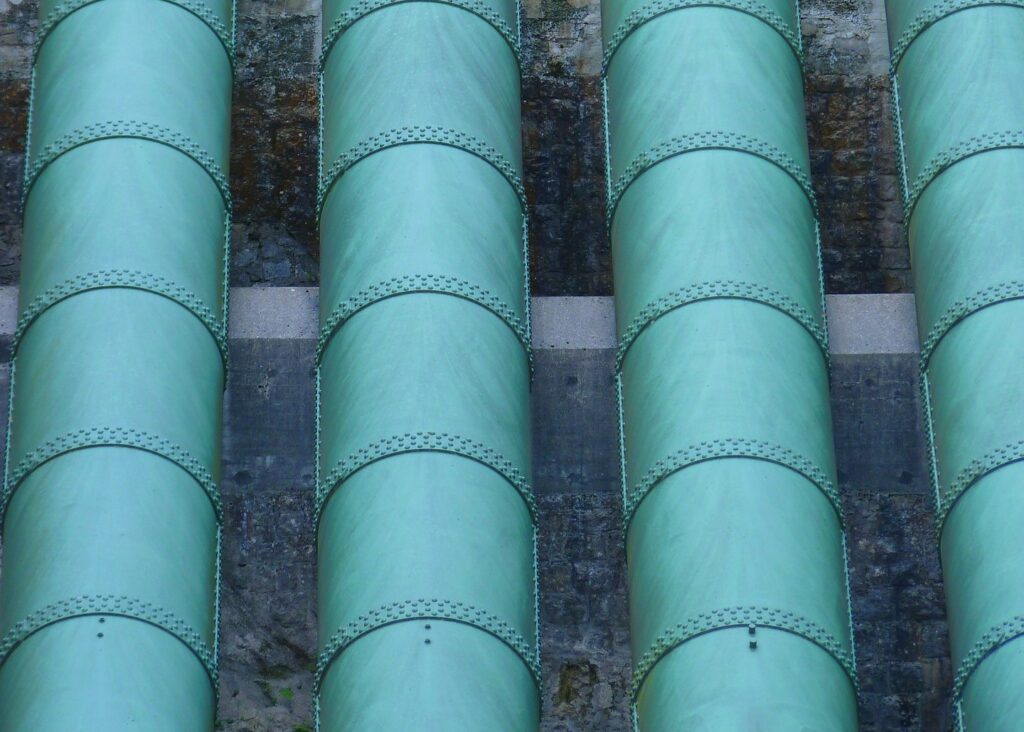Thyssenkrupp CEO Miguel López has advocated for the construction of new hydrogen pipelines from southern European countries, emphasizing the critical need for Germany to establish robust connections with regions like Spain, Portugal, and Morocco.
López’s comments, reported by the Westdeutsche Allgemeine Zeitung (WAZ), highlight the strategic importance of transcontinental hydrogen infrastructure in meeting Germany’s surging demand for hydrogen.
The call for new pipelines stems from Thyssenkrupp’s ambitious plan to set up green steel production in Duisburg. López underscores that ensuring a stable supply of hydrogen is pivotal for this venture. Specifically, Thyssenkrupp requires a connection to the hydrogen core network envisioned by Federal Economics Minister Robert Habeck, which forms a crucial component of Germany’s hydrogen strategy. The proposed hydrogen infrastructure is designed to support the transition from traditional blast furnaces to more sustainable methods, such as direct reduced iron (DRI) production.
Thyssenkrupp’s approach to green steel involves the utilization of direct reduced iron, a process that replaces conventional inputs like coal and coke with natural gas and eventually hydrogen. By removing oxygen from iron ore, the plant produces sponge iron, which is subsequently melted down. In Duisburg, this innovative system is poised to replace the traditional blast furnace, signaling a significant shift towards more environmentally friendly steel production methods.
Thyssenkrupp is actively seeking energy partners on a global scale, with a focus on three key regions— the Iberian Peninsula, the Arabian Peninsula, and the southern United States. López highlights the company’s exploration of partnership opportunities in these regions, underlining the significance of international collaboration in advancing sustainable hydrogen practices.
